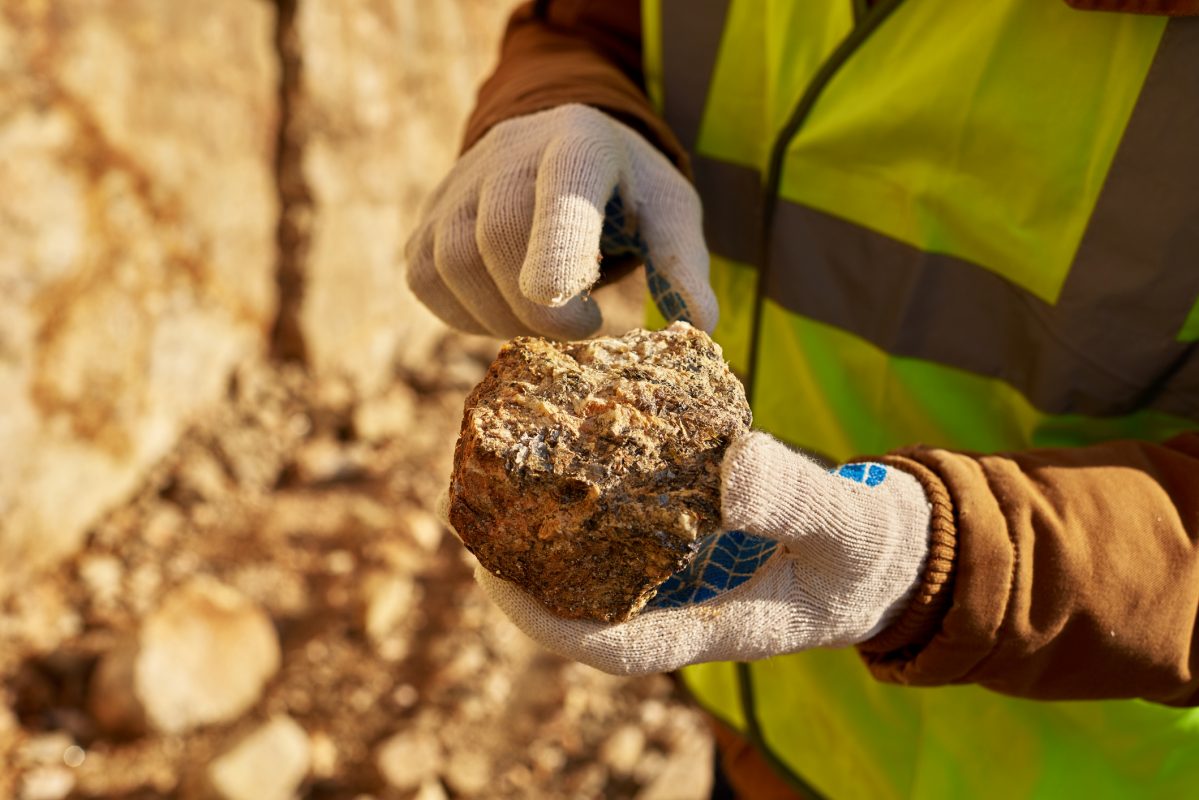Ore was unearthed in the world’s largest rare earth mine in Inner Mongolia. Could lead to Chinese self-sufficiency in niobium used in steel, aerospace.
China is not only continuously expanding its grip on critical minerals abroad but is also gradually ramping up the development of its own deposits. In the world’s largest rare earth mine, Bayan Obo in Baotou, North China’s Inner Mongolia Autonomous Region, Chinese geologists have now discovered a new ore type containing niobium, the newspapers South China Morning Post (Paywall) and Global Times report, citing the China National Nuclear Corporation. China currently has no niobium mining activity. Data from the U.S. Geological Survey (PDF) shows that Brazil dominates the global mining production of niobium with almost 90 percent. The discovery in Inner Mongolia could change this, depending on the concentration of niobobaotite in Bayan Obo. Antonio H. Castro Neto, a professor of electrical and computer engineering at the National University of Singapore, told the South China Morning Post that “depending on the volume and quality of this niobium, it could make China self-sufficient.” One geologist involved in the discovery stated that it could take only three years until extraction and processing of the ores can begin after identifying deposits.
However, China’s largest molybdenum producer, CMOC Group, has just recently inked a deal to develop a niobium and phosphorus project in Brazil, casting doubt on self-sufficiency being the ultimate goal of the People’s Republic. Like other countries, China is likely more interested in diversifying its critical mineral supply chains.
Niobium is mainly used (PDF) as ferroniobium by the steel industry, which accounts for over 70 percent of the total usage of the metal in the U.S. as it enhances steel’s mechanical strength, high-temperature strength, and corrosion resistance in pipelines, transportation, and structural applications. The aerospace industry also employs niobium alloys and metals because of their ability to withstand high temperatures and mechanical loads needed in jet engines, for example. Niobium also finds some use in superconducting magnets for medical hardware such as magnetic resonance imaging (MRI) and nuclear magnetic resonance (NMR) instruments.
Photo: iStock/SeventyFour


